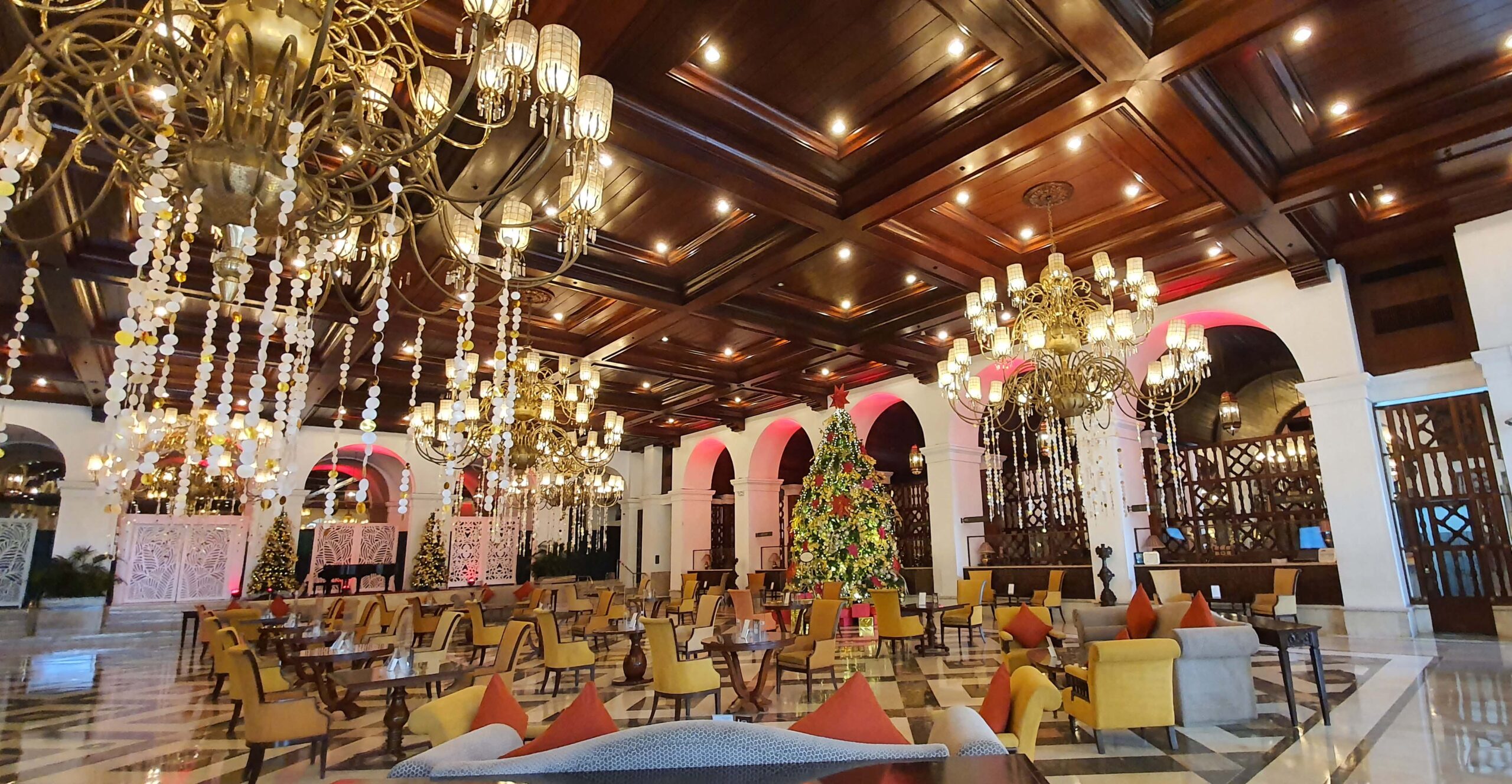While it helps that the Filipinos are politically conscious as a whole, political maturity is a more ideal and much sought-after trait needed to develop institutions that transcend the incumbent political figurehead, and bring about genuine stability and sustainability throughout the archipelago.
This entails the building of strong and accountable political systems, and less of personalities and parties, in order to bring about sweeping and long-term development that rises above administrations and heads of states and dwell more on party philosophy and ideals for the benefit of the voters.
A model of comparison would be the United States’ political system where the Republicans and Democrats have reigned as the two foremost parties for several decades now despite the emergence of new and much smaller parties.
Ideals over personalities
Likewise, turncoatism is quite rare even if their presidential candidate corners a huge majority vote, since the mature voting electorate remain loyal to their party’s ideals, and not necessarily the personality, notwithstanding the result of the elections.
The problem in the Philippine setting is that politics remains personality-centered and not party-focused, with turncoatism remaining to be a very common practice after every electoral battle. This is so because majority of politicians practice the bandwagon mentality to ride on the new incumbent administration party on the pretext of serving their constituents more effectively.
Worse is that majority of the policies, projects, and personnel of the previous administration are usually discontinued by the new administration since the newcomers prefer to introduce their own agenda, thus interrupting the benefits of useful and long-term projects.
According to Dr. Ronald Mendoza, Dean of the Ateneo School of Government, the Philippines remains stuck at mid-level for several decades now since the populace remains very dependent on the president to lead the country instead of lessening the role of the president and strengthening the institutions.
Areas of concern
“We badly need a new breed of leaders who can take charge and govern differently. I believe that federalism, if it pushes through, will present a new batch of leaders who will open doors and seek political reforms for a new form of sustainability, inclusive development, and even voting mentality,” Mendoza related during the Mandaue Business Summit held at the Oakridge Pavilion, Banilad, Mandaue City.
He also dwelt on the various problems disturbing foreign investors, such as the need to revamp the onerous taxation system, the ease of doing business, and elimination of red tape, which are highlighted by the long lines at the National Bureau of Investigation office, as with other government agencies.
Mendoza bemoaned that such lengthy lines already entail the loss of a day’s wage, as well as valuable effort and more expenses since this means shortened sleeping hours in order to avoid being at the tail-end of the queue.
“We also need to wrap up the necessary reforms and improve the competitiveness of our country. I believe we are the only ones in excellent shape. The next two decades can only promise us greater things for the country as we are looked up to by the rest of the world,” Mendoza added.
The summit event is the main highlight of the Mandaue Business Month, the flagship program spearheaded by the Mandaue Chamber of Commerce and Industry (MCCI) headed by its president, Glen Soco.
By RICHARD RAMOS

Political maturity key for sustainability
Published on October 17, 2016
This post was last updated on March 26th, 2020 at 02:58 pm







